IS006 - Advances in Computational Methods for Digital Twins in Coupled Systems
Keywords: data-driven methods, Digital twins, Numerical methods for coupled problems, reduced order model (ROM), Scientific machine learning
ABSTRACT
In recent years we witnessed a widespread diffusion of digital twins (DTs) [1] due to the transformative effects of this technology. However, despite recent groundbreaking advancements, significant obstacles hinder the full use of DTs, particularly unraveling the complex interactions of coupled problems defined by the dynamic interplay of multi-physical, multi-scale, and multi-component systems. Various case studies exemplify the deployment of these types of DTs in domains such as structural health monitoring, aircraft engineering, and human digital twins.
As a response, the focus on algorithmic advances helps close the gap between simulated and real behavior. In particular, key opportunities lie in hybrid modeling by combining data-driven, machine learning, and model-driven methods in surrogate modeling, where artificial intelligence could critically enhance the collection, understanding, and use of data for DTs.
This invited session will delve into the latest developments in modeling techniques for the creation of DTs for coupled problems to accurately simulate the interaction between different components and manage complex systems.
Topics may include, but not be limited to:
• Data assimilation from diverse data sources and partial measurements of system states, and the real-time integration of data into the physical system.
• Hybrid modeling complemented by AI-enhanced techniques.
• Reduced order models as enabling technology for DTs
• Verification, validation, and uncertainty quantification reporting confidence in model outputs.
REFERENCES
[1] National Academies of Sciences, Engineering, and Medicine. 2024. Foundational Research Gaps and Future Directions for Digital Twins. Washington, DC: The National Academies Press. https://doi.org/10.17226/26894.

